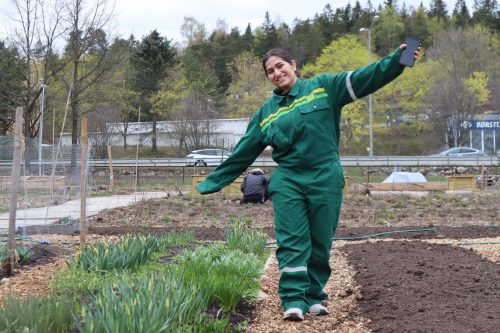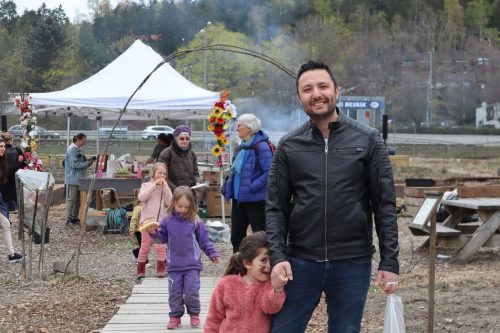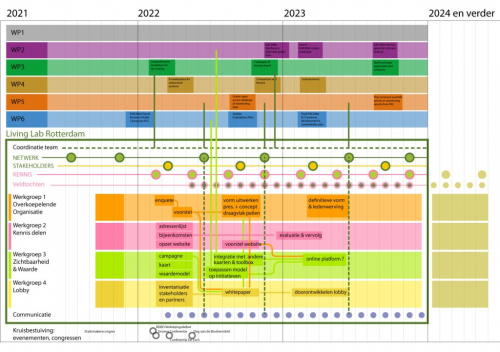Until 25 May, bachelor’s and master’s students at the Humboldt Universität zu Berlin can apply for the EdiCitNet Summer School on WATER RESOURCES & ENVIRONMENTAL CHANGE (June 20th – July 1st 2022), organized as a collaboration between the Edible Cities Network Project, Humboldt Universität zu Berlin and Universitat de Girona. Participants will be part of an interdisciplinary and international team exploring nature-based solutions and their impact on cities.
WHAT:
The intensive course will provide basic understanding of the interdisciplinary topic “The potential of Nature-based solutions (NBS) for water resources management in Mediterranean medium-sized cities” in the context of climate change, using a hybrid approach that combines:
– on-line Problem-Based Learning (PBL) formation, and
– face-to-face practical and interdisciplinary teamwork in Girona (Catalonia) to solve a real urban assignment.
WHEN:
June 20th – July 1st 2022
WHO:
30 students with different backgrounds (environmental sciences, biology, geography, urban planning and engineers) from the following international universities:
- Humboldt-Universität zu Berlin, Germany
- University of Venice IUAV, Italy
- University of Sassari, Italy
- University of Genoa, Italy
- University of Ljubljana, Slovenia
- University of Girona, Catalonia, Spain
Establishment of three teams of 10 students with different background and origin.
HOW:
First week (mode on-line) (June 20th – June 24th)
– Formation about Problem-Based Learning (PBL) methodology
– Formation about NBS for Water Resources management in the context of Med cities
– Complementary conferences
– Presentation of the case/problem (PBL unit) and discussion
Second week (mode face-to-face in the University of Girona) (June 27th – July 1st)
– Assignment of real practical cases
– Interdisciplinary teamwork on diagnostics and proposals
– Field work and visit to related facilities
– Complementary conferences
– Final presentation and discussion
Detailed programme as download: PDF
More info:
- Participants who successfully complete this summer school will be awarded 3 ECTS points
- Accommodation & breakfast is covered by the University of Girona
- Participants from Humboldt-Universität will have to cover their own travel costs and other expenses
Please send the filled out application form and a CV to marisa.pettit@hu-berlin.de by 25th May 2022.








